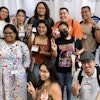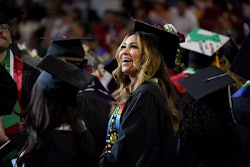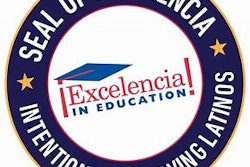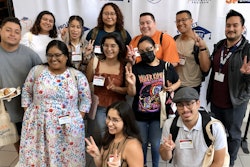An Education in Survival
By the time you read this edition of Diverse, we will have been living with the aftermath of Hurricane Katrina for just under one month. We have all been devastated and moved by the images we saw on television — a flooded New Orleans, destroyed homes and most
importantly the hurricane survivors.
When aid to the residents in Alabama, Mississippi and Louisiana, which to many of us came “a day late and a dollar short,” we wondered whether the race and ethnicity of the evacuees played a role in what seemed to be a lackadaisical approach regarding the urgency of this disaster.
Regardless of what you think about the federal government’s efforts, the generosity of the corporate world, colleges and universities, churches, charitable organizations, local communities across the United States and individuals who have opened their homes, hearts and wallets to aid those in need, has been phenomenal.
I was on vacation the week of the hurricane, but I was pleased to come back and find countless e-mails from colleges and universities who are opening their doors to students with nowhere to go. All schools, large and small, public and private, are really doing their best to accommodate the students affected. Tuition is being waived in some cases, prayer vigils are being held, counseling services are being provided — really a tremendous effort is underway.
NAFEO, representing the Black college community, earlier this month launched the HBCU Visiting Student-Evacuee Program, which is designed to immediately connect and enroll students from Dillard, Southern University at New Orleans and Xavier into another HBCU or member institution. And the UNCF has established a special fund to assist their students and faculty at member schools. You can visit their respective Web sites at www.nafeo.org and www.uncf.org for more information.














